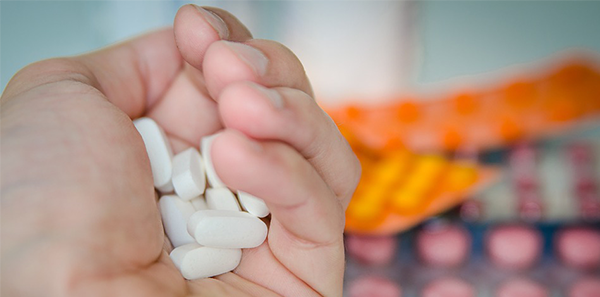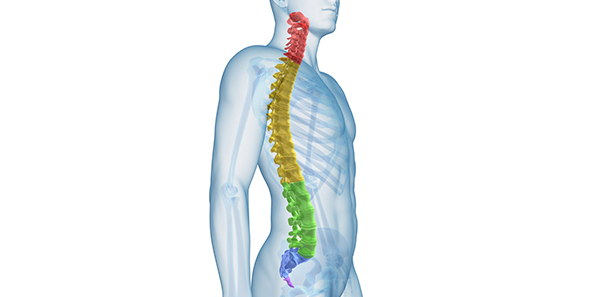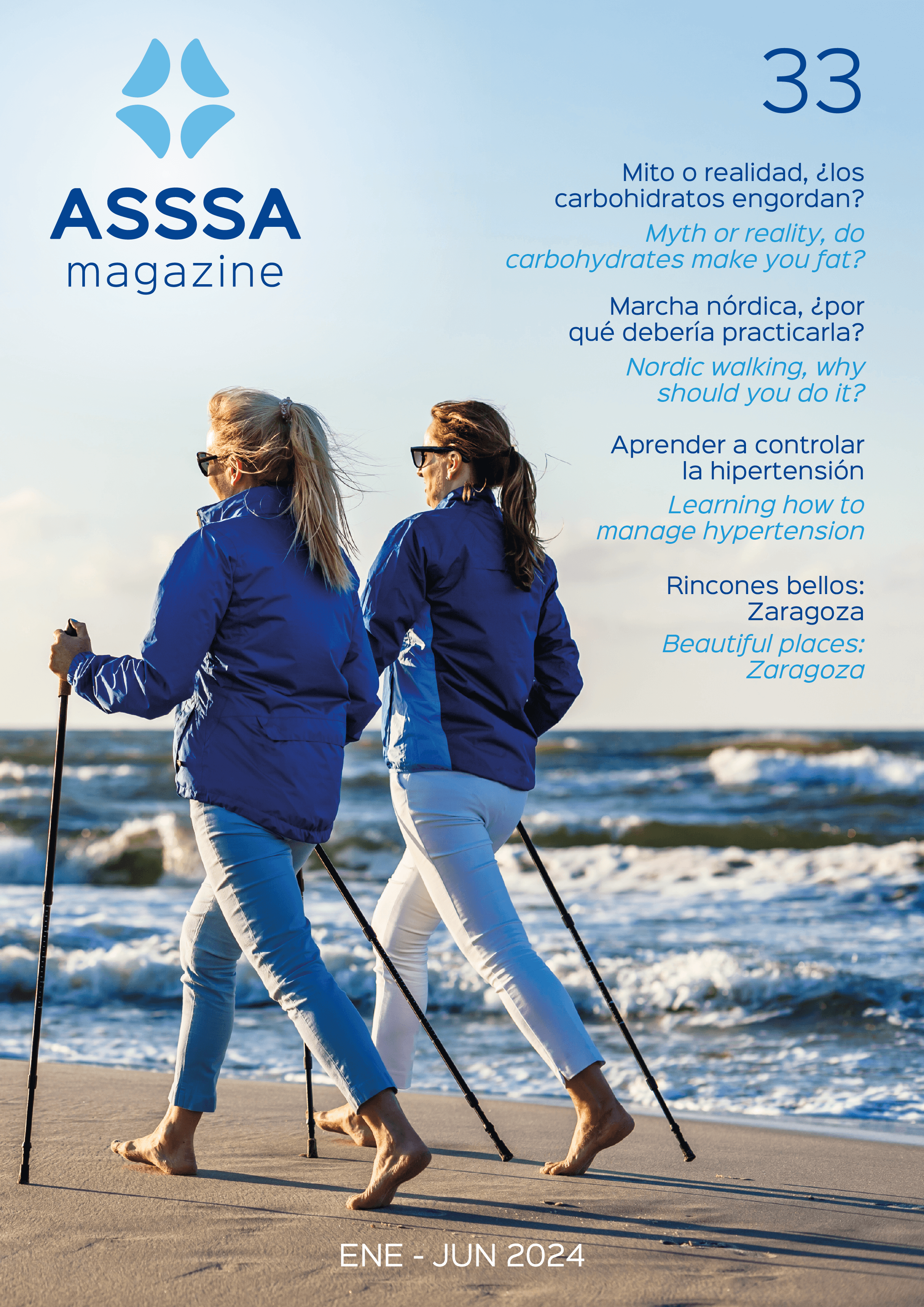
The World Health Organization (WHO) defines self-medication as the “selection and use of medicines by individuals to treat self-recognized illness or symptoms”. (Zimmer, 2006). According to this definition, it is clear that not all medicines can be taken without a doctor´s prescription, one one’s own initiative, and that medical supervision is required.
The objectives of responsible self-medication are to prevent and treat minor symptoms and health problems that do not require a doctor´s attention.Medicines that can be taken without a doctor’s prescription:
- These are sold in pharmacies only, for an unrestricted Price and without public funding.
- They must indicate the maximum number of days that they can be taken without seeing the doctor.
Even so, if taken incorrectly, these over-the-counter medicines can have serious consequences such as, for example:
- Mask a disease, which may delay its diagnosis and correct treatment.
- Increase the risk of interactions, if the patient takes several medicines.
- Lead to an unintentional overdose and abuse by using the products for purposes other than those authorized, such as, for example, slimming with laxatives.
- Disease and even death.
That is why we should refrain from self-medicating and always seek a doctor’s advice, who Will know what to prescribe if we explain what is wrong with us.
ASSSA Medical Services
The information published in this media neither substitutes nor complements in any way the direct supervision of a doctor, his diagnosis or the treatment that he may prescribe. It should also not be used for self-diagnosis.
The exclusive responsibility for the use of this service lies with the reader.
ASSSA advises you to always consult your doctor about any issue concerning your health.












